The highly anticipated South East Educators Conference (SEEC) 2025 is set to revolutionise the future of education in Nigeria. The conference will take place from 2nd to 3rd May 2025 at the prestigious Nike Lake Resort in Enugu, under the theme: “Advancing Education: Innovation, Leadership & Transformation.”
According to Barrister Doris Chinedu-Okoro, the Convener of SEEC, this year’s edition promises to be the most impactful yet. It will bring together a diverse mix of visionaries, thought leaders, innovators, educators, and policymakers to spark conversations, foster collaboration, and solidify commitments that will shape the future of education in Nigeria and beyond.
Keynote speakers include His Excellency, Senator Liyel Imoke, former Governor of Cross River State and Founder of The Bridge Leadership Foundation, a statesman passionate about youth development and sustainable leadership. Also speaking is Mr Paul Onwuanibe, CEO of Landmark Group, a trailblazing entrepreneur whose insights into innovation and infrastructure development are expected to challenge educational stakeholders to think ambitiously and build boldly.
Other notable speakers include:
Rotimi Eyitayo – CEO, Teammasters & Education Business School
Chinoso Ogbogu – Co-founder, Sabi Writers
Rhoda Odigboh – Education Thought Leader & Regional Director, Kizazi
Dr Joy Isa – President, Isa School of Education & Educational Strategist
Fisayo Oludipe – Education Consultant & Leadership Coach
Susan Charles – Learning Innovator
Moyo Lifematics – Mathematics Educator & Content Creator
Eben Odetola Israel – EdTech Advocate
Mr Ogunsola – STEM Educator
Yinka Ogunde – CEO, Edumark Consult
These individuals, along with many more influential voices from across Africa’s education and leadership sectors, will contribute to an inspiring and transformative event.
Conference Highlights Attendees can look forward to several engaging segments, including:
Gala Night – A celebration of brilliance, impact, and community
Movie Night – An evening of reflection and bonding through storytelling
Educator Awards – Recognising educators who go above and beyond to inspire change
Breakout Sessions & Masterclasses – Practical, hands-on learning experiences
Exhibitions & EdTech Showcases – Featuring cutting-edge tools, innovations, and solutions for future-ready educators
“SEEC 2025 is not just a conference; it is a movement—a call to action for educators, school owners, government stakeholders, parents, and youth advocates to reimagine the future of learning, teaching, and leadership in Africa,” said Barrister Chinedu-Okoro.
“We believe education is the engine of national development. SEEC 2025 will empower all stakeholders not just to adapt to change, but to drive it,” she added.
[14/04, 9:07 am] Folaranmi Ajayi: Africa Needs Strategic Investment in Education to Strengthen Tourism
Zurab Pololikashvili, Secretary-General of UN Tourism, has emphasised the urgent need for strategic investment in education to strengthen Africa’s tourism workforce.
Delivering the keynote address at the opening of the 3rd Travel, Hospitality & Tourism Education Summit in Lusaka, Zambia, on 7 April 2025, Pololikashvili stressed the importance of structured, relevant, and inclusive education systems to support the continent’s growing tourism industry.
“Africa is the youngest continent, with 60 percent of its population under the age of 25,” he noted. “These young people represent immense potential—not just for tourism, but for the socio-economic transformation of their communities. However, to unlock that potential, we must invest in educational pathways that lead to real, sustainable opportunities.”
Referencing 2023 data, the Secretary-General highlighted that travel and tourism accounted for just 4.9 percent of employment across Africa. He asserted that this figure could rise significantly through targeted educational reforms and strategic skills development. He also addressed the existing mismatch between industry needs and workforce capabilities, calling for a recalibration of education systems to meet the sector’s evolving demands and to enhance Africa’s appeal to global investors.
The summit, held from 7–9 April 2025 at the Mulungushi International Conference Centre, convened stakeholders from across Africa and beyond to address the pressing issue of workforce readiness in the continent’s tourism sector. It was organised by the Zambia Institute of Tourism and Hospitality Studies (ZITHS) in collaboration with UN Tourism and opened with high-level remarks from both regional and international leaders.
Themed “Understanding the Knowledge and Skills Gaps in Africa’s Trade in Services Industry: Empowering Africa’s Workforce in the AfCFTA Era”, the summit aligns with continental efforts to leverage the African Continental Free Trade Area (AfCFTA) to boost intra-African trade, with tourism positioned as a key growth sector.
Pololikashvili also spotlighted the Mukuni International Academy for Tourism and Hospitality—a collaborative initiative between UN Tourism and ZITHS—as a model for locally rooted, globally informed capacity-building. He reaffirmed UN Tourism’s commitment to supporting curriculum diversification, lifelong learning, and youth employment.
“Our task here is to determine how education can serve as both an entry point and a driver for a resilient, inclusive tourism sector,” he emphasised. “The industry is evolving, and so too must our systems of education and training.”
He added that education not only empowers individuals but also strengthens the sustainability and resilience of the tourism ecosystem by instilling knowledge, responsibility, and a sense of stewardship among future professionals.
The opening day of the summit also featured remarks from Rodney Sikumba, Zambia’s Minister of Tourism; Douglas Siakalima, Minister of Education; and Carlos Andrés Peguero, Deputy Minister of Tourism for International Cooperation of the Dominican Republic. Additional contributions came from permanent secretaries Evans Muhanga (Tourism) and Lillian Bwalya (Commerce, Trade and Industry), as well as representatives of the European Union Delegation, the International Labour Organisation (ILO), and private sector leaders.
Over the two-day summit, various panel discussions, plenary sessions, and workshops addressed key topics such as workforce development, academia-industry partnerships, and competency-based learning.
Some of the key sessions included Building the Tourism Workforce Pipeline, The Role of Industry in Education, and In Pursuit of Excellence – An Approach to Tourism Education for African Destinations.
As Zambia solidifies its role as a regional hub for tourism education and workforce development, this year’s summit marked a crucial step towards advancing Africa’s human capital strategy within the tourism sector.
In his closing remarks, Pololikashvili expressed enthusiasm about the progress made during the summit and urged delegates to take concrete action.
“Let this summit be a platform not just for dialogue but for decisive steps forward. Through collaboration, we can ensure tourism remains a powerful force for progress, dignity, and opportunity across Africa,” he concluded.


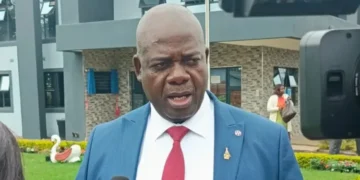
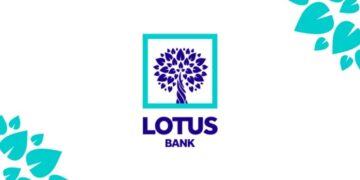
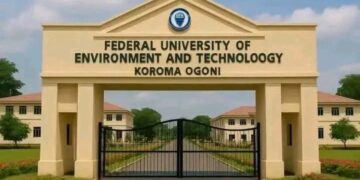

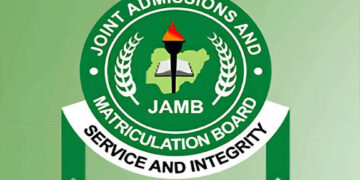




























































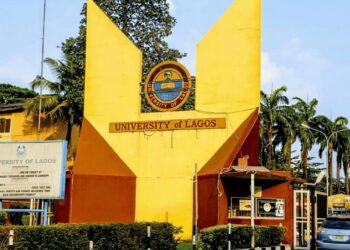


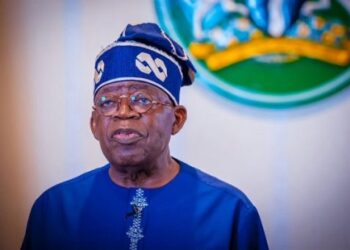











 EduTimes Africa, a product of Education Times Africa, is a magazine publication that aims to lend its support to close the yawning gap in Africa's educational development.
EduTimes Africa, a product of Education Times Africa, is a magazine publication that aims to lend its support to close the yawning gap in Africa's educational development.